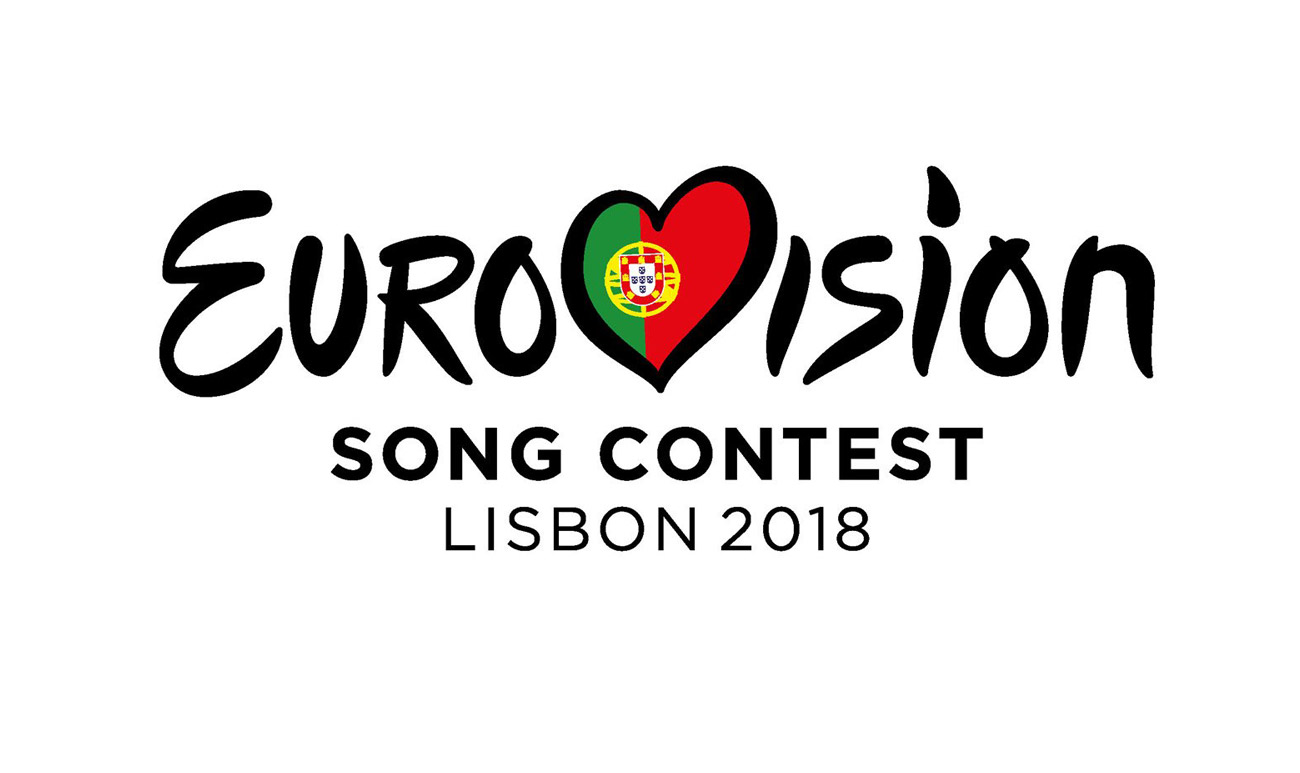
Eurovision is a cult classic. While most people at least pretend to dislike it, there’s no ignoring its popularity across Europe. Eurovision trivia is a favourite at pub quizzes across the nation, but here are a few things you didn’t know…
Updated: 29 March 2018.
1. Malta is the most successful country never to win
Unlucky Malta has the honour of being the best loser at Eurovision, having placed second twice (2002 and 2005), as well as third twice (1992 and 1998).
Iceland, with two second place finishes (1999 and 2009) are close behind Malta.
2. The UK has come second more than any other country
Always the bridesmaid… While the UK’s recent record is nothing to write home about, no other country has taken home more silver medals from the contest, with the UK clocking up 15 second-place finishes. In fact, the UK came second 5 times before its first win in 1967.
In both 1968 and 1988, the UK missed out on winning the contest by a single point.
3. Norway’s mixed fortunes
Norway holds some interesting records in Eurovision: its 2009 winning song clocked up more points than any winning entrant ever (in the previous voting system), yet the country also holds the distinction of coming last more than any other country (11 times – most recently in 2012), as well as the highest instances of ‘nil points’: four times.
4. Qatar is eligible to enter Eurovision
To be eligible to participate, a country needs to be a member of United Nations and the European Broadcasting Union (the EBU). Qatar Radio, for some reason, is part of the EBU, meaning Qatar would be able to enter if they wished to.
Egypt, Lebanon, Libya, Tunisia and Jordan would all also be able to take part. Morocco has taken part once, in 1980.
5. Azerbaijan is in Europe
Well, part of it is. The extreme north of Azerbaijan lies north of the Caucasus mountain range, one of the accepted geographical borders between Europe and Asia, making it a Eurasian country. The same is true for Georgia, but not Armenia, though all three belong to the Council of Europe and are members of the EBU.
6. Lost in translation
Between 1977 and 1999, countries had to sing in one of their own national languages, meaning that up almost every European language was presented on stage. This, of course, gave the UK and Ireland a distinct advantage.
The ‘most successful’ language is English, with 30 wins, followed by French with 14. The last non-English language winner was Portugal in 2017. Before this, Serbia’s 2007 winner was the last to be sung entirely in a language other than English.
7. Switzerland were the very first winners of Eurovision
The inaugural contest in 1956 was held in Lugano, Switzerland and saw the host country named the very first winners of Eurovision.
The inaugural winner, Lys Assia, became a passionate supporter of the contest. She sadly passed away in March 2018.
8. Australia is back this year
After competing as a one-off to celebrate the 60th anniversary of the competition, Australia will return this year.
9. Four countries have always qualified for the final
Since the introduction of the current semi-final system in 2004, Romania, Russia, Ukraine and Azerbaijan have qualified for the final in every year they have entered.
10. Harrogate has hosted Eurovision
The 1982 contest was hosted in Harrogate. Yes, Harrogate. The Harrogate International Centre opened that year with a capacity of 2,000.
11. An Eastern European country does not always win
From 2011-2015, Sweden, Austria, Denmark, Sweden (again) and Azerbaijan – none of which are considered to be in “Eastern Europe”.
Furthermore, spare a thought for other countries in the 90s, when Ireland and the UK dominated the competition: Ireland won in 1992, 1993, 1994, 1996 and came second in 1997. The UK won in 1997, and came second in 1992, 1993, and 1998. The glory days.





“9. The Netherlands has failed to qualify every year until this year.”
Wrong! They qualified in 2004.
Other than that, good list!